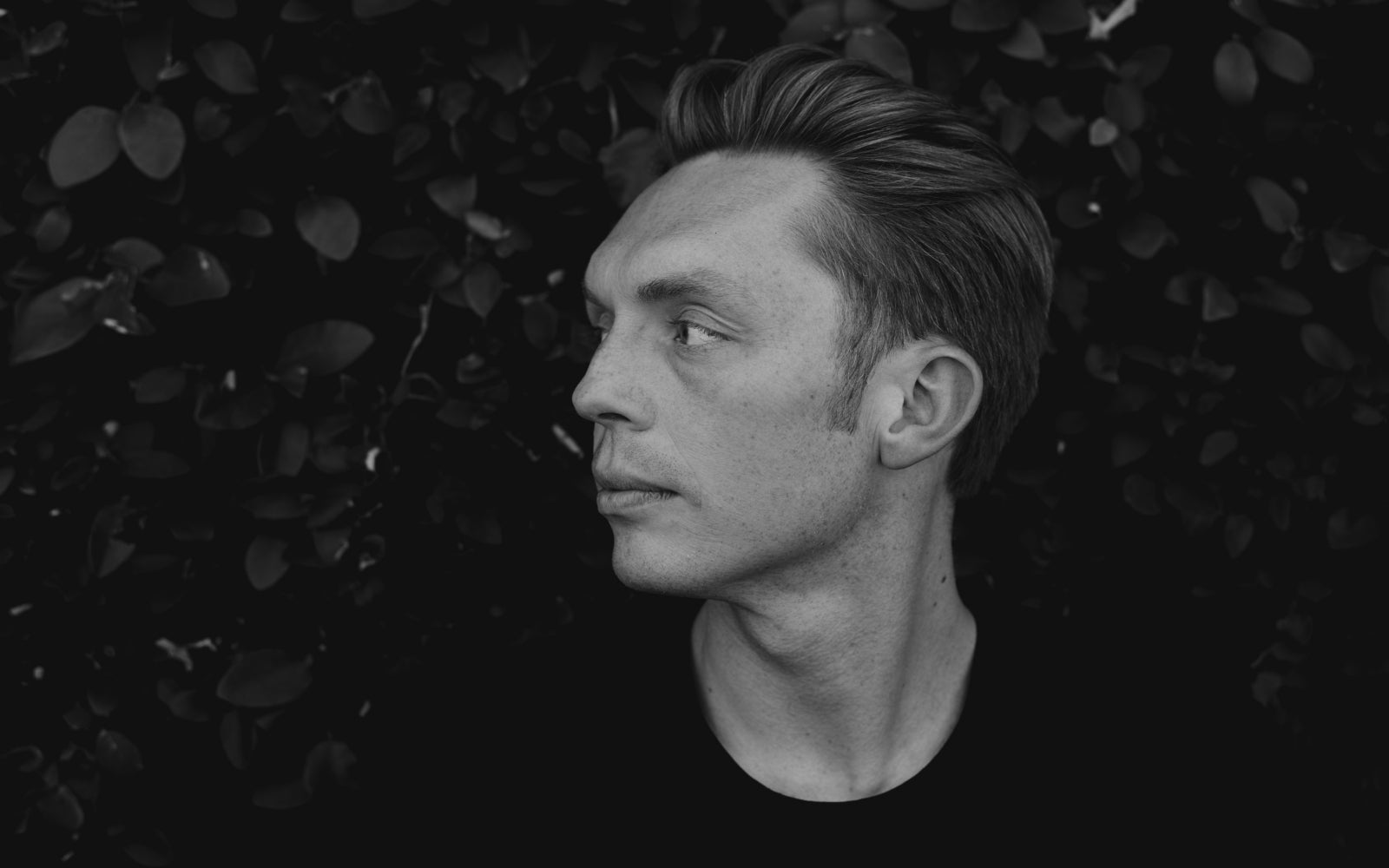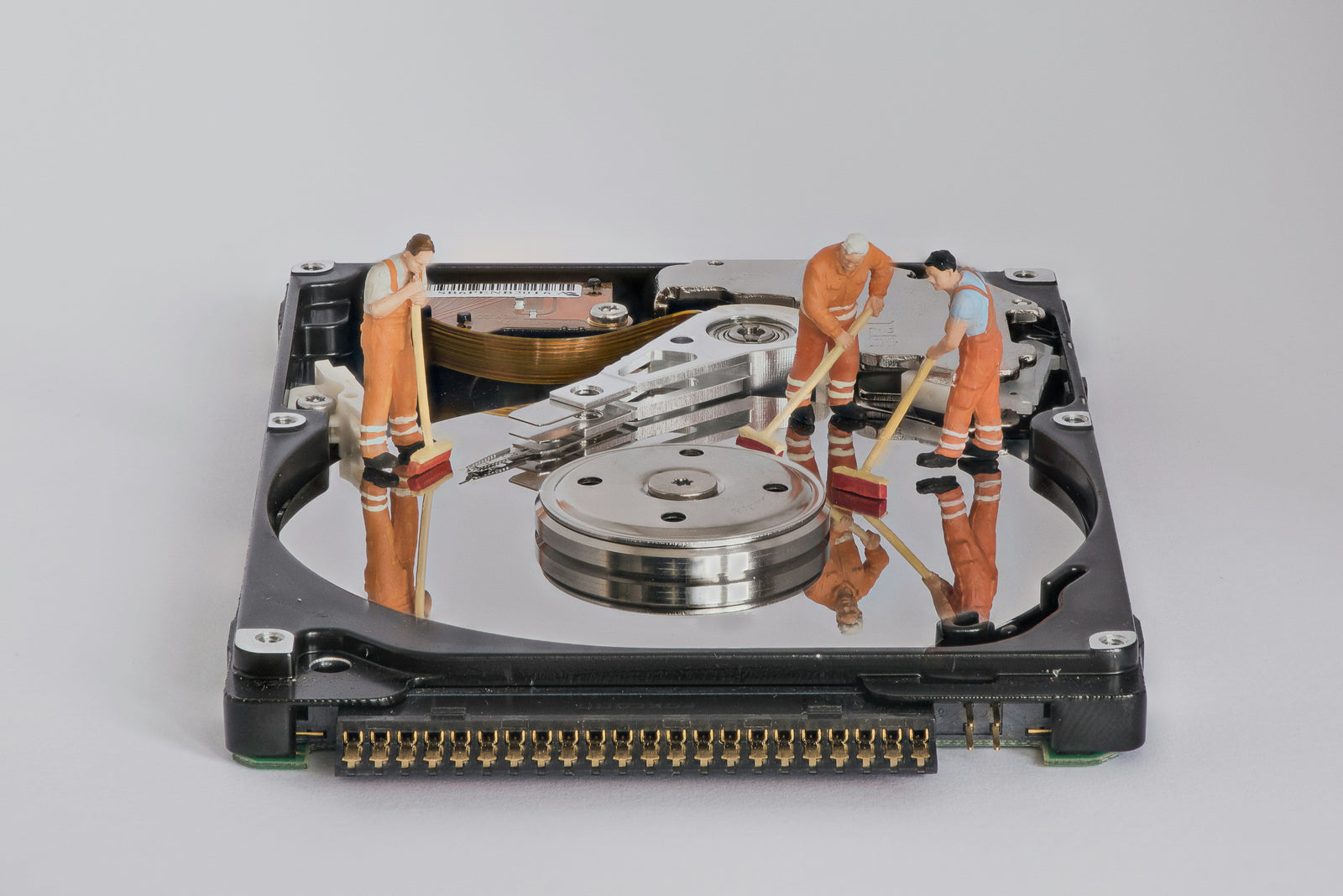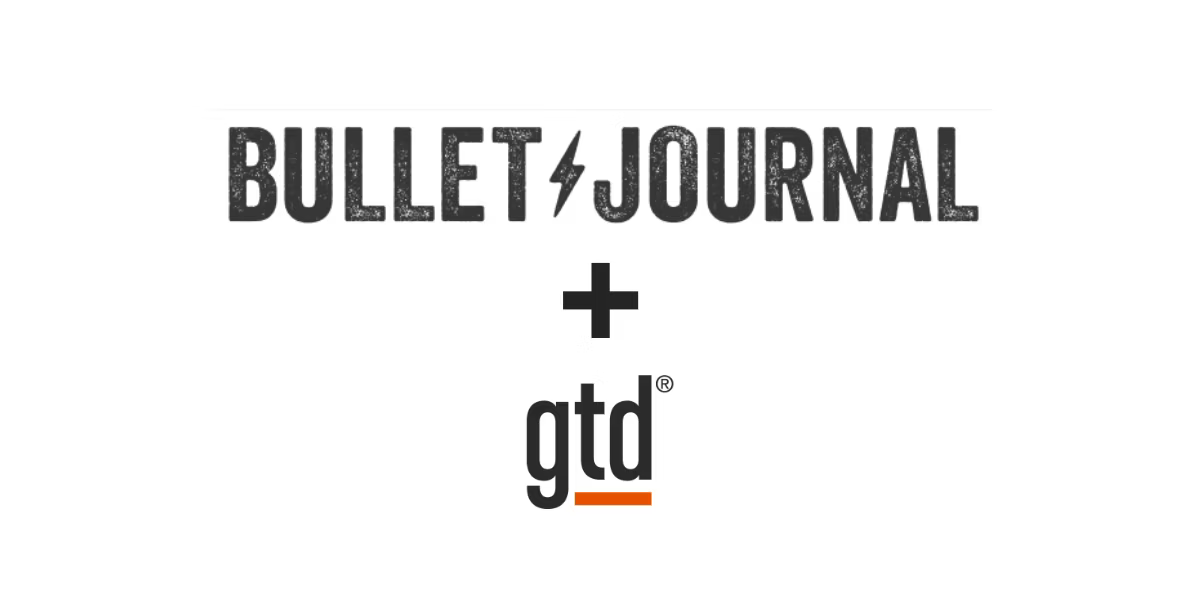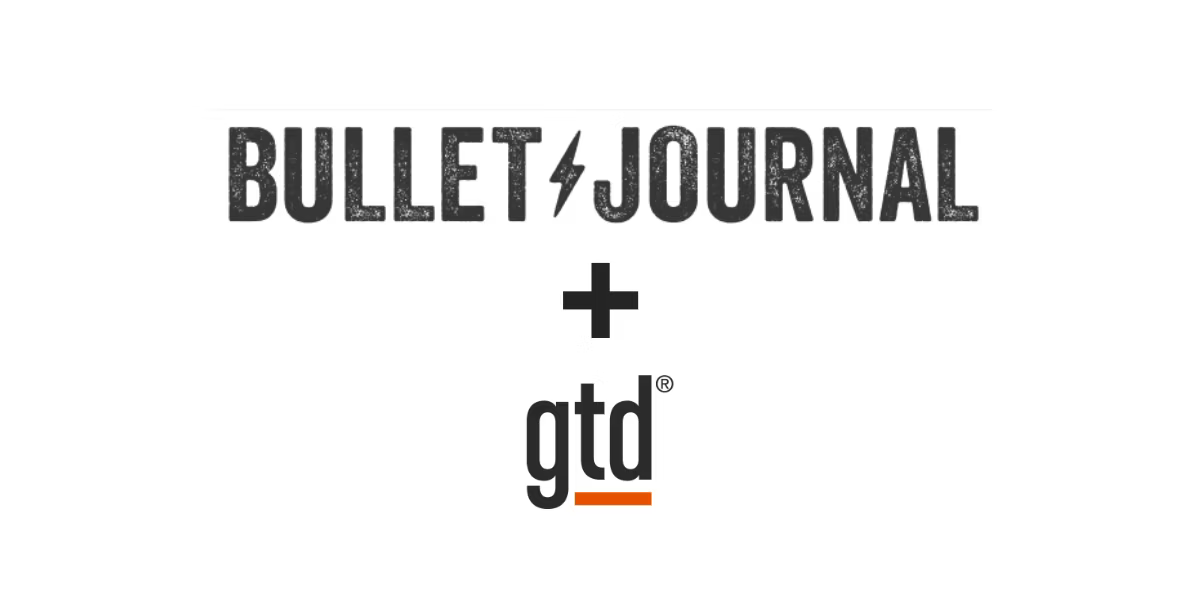I had the pleasure of interviewing Joshua Fields Millburn, an author and speaker who focuses on a subject very integral to my own life, one that I don’t often talk about: Minimalism. Like Bullet Journal, Minimalism is a way of life that helps practitioners shed distractions. I sat down with Joshua to ask him about what Minimalism means to him and how it can help with living a more meaningful life.
Joshua Fields Millburn & Ryan Nicodemus, known to their audience as The Minimalists, help more than 20 million people live meaningful lives with less through their website, books, podcast, and documentary. They have been featured in the New York Times, Wall Street Journal, The Atlantic, Time, and L.A. Weekly, and they have spoken at Harvard, Apple, SXSW, and TEDx. The Minimalists Podcast is often the #1 health podcast on iTunes, and their film, Minimalism, was recently released by Netflix.
RC: On the surface, minimalism appears to be about getting rid of all your belongings. Is minimalism an all or nothing approach?
JFM: Minimalism starts with reducing our material possessions, but the purpose of minimalism has to do with the benefits we experience once we’re on the other side of decluttering. Hence, removing the clutter is not the end result; it is merely the first step.
Sure, we feel a weight lifted right away, but we don’t experience lasting contentment by just getting rid of our stuff. Minimalism doesn’t work like that. It is possible to get rid of everything you own and still be utterly miserable. That’s because consumption is not the problem. Compulsory consumption is the problem. And we can change that by being more deliberate with the decisions we make every day.
RC: What would you say are the biggest misconceptions about Minimalism?
JFM: People often think minimalism is akin to deprivation. But it’s actually the opposite. Minimalism is the thing that gets us past the things so we can make room for life’s important things—which actually aren’t things at all.
As a minimalist, I don’t focus on having less, less, less; I focus on making room for more: more time, more passion, more experiences, more growth, more contribution, more contentment. More freedom. Clearing the clutter from life’s path helps make that room.
RC: Your journey seems to have started with a focus on physical things, and now has now broadened into to a larger life philosophy. Can you tell us about that transition? How did one lead to the other?
JFM: Minimalism as a life philosophy is not a new idea: the concept itself dates back to the Stoics, to every major religion, and, more recently, to Emerson and Thoreau and Tyler Durden. What’s new is the problem: never before have we been more seduced by material possessions.
Ever since the Industrial Revolution, consumerism has allowed us unprecedented access to stuff—we are steeped in a culture of consumption. Ergo, the problem is a new one, but the solutions are thousands of years old.
Ryan’s and my journey toward simplicity started with a lingering discontent. A few years ago, while approaching age 30, we had achieved everything that was supposed to make us happy: great six-figure jobs, luxury cars, oversized houses, and all the stuff to clutter every corner of our consumer-driven lifestyles.
And yet with all that stuff, we weren’t satisfied with our lives. We weren’t happy. There was a gaping void, and working 70–80 hours a week just to buy more stuff didn’t fill the void: it only brought more debt, stress, anxiety, fear, loneliness, guilt, overwhelm, and depression. That’s when minimalism entered the picture.
RC: Part of minimalism is about reduction. What can one hope to gain by learning how to let go?
JFM: By letting go of everything in the way, I’ve been able to immerse myself in what’s important to me, and the benefits are remarkable:
Health. I used to weigh 80 pounds more than I weigh today. Not only was I fat, but I felt tired, stressed, gross. Minimalism helped me untether from that life—a life focused on material “success.” Once I regained control, I made time to concentrate on my health. This increased focus allowed me to improve my diet, exercise, and sleep, which minimized my stress and increased my happiness. By spending more time on my health, I created more time for everything else. What a beautiful paradox.
Relationships. Once I stopped trying to impress others with my consumerist trophies, I was able to re-prioritize my relationships by putting primary relationships first, secondary relationships second, and peripheral relationships last. This sounds tautological, but for more than a decade I apportioned too much time to coworkers and networking buddies, and I forsook the people I cared about most.
Finances. This was the initial benefit that led me to minimalism: financial freedom. Sure, I made great money in the corporate world—but I spent even better money. By age 28 I was earning six figures, but I had more than six figures in debt because our culture places an extraordinary emphasis on material wealth as a sign of true wealth. Minimalism taught me that one’s true worth is not determined by his or her net worth.
Creativity. For years I put off my passion: writing. I “aspired” to be a writer someday, but I didn’t actually put in the work. Purging the ephemera consuming my time helped me realize “aspire” is merely a synonym for “procrastinate.” With the stuff out of the way, I was able to start crafting my personal masterpiece.
Contribution. No longer am I obsessed with only myself. By jettisoning my old identity, I formed a new identity, a large part of which revolves around contribution to others. Contributing beyond ourselves brings with it a sense of fulfillment that we can’t get from buying things.
RC: You often talk about what adds value. As we evolve, values can mature, change, or go away. How do you make sure your values remain relevant over time?
JFM: Something adds value to my life if it serves a purpose or brings me joy.
Of course, the things that add value today may not add value tomorrow, so I have to keep asking myself: Does this add value to my life? If not, I must be willing to let go.
RC: In our day and age, there is a lot of emphasis on goal setting. You’ve mentioned that you no longer set goals. You also host a podcast, published multiple books, given international lecture tours, and produced a hit documentary. As someone who gets a lot done without setting goals, how do you operate? What does your process look like?
JFM: Everyone is “multitasking” these days. We’re doing more than we’ve ever done, attempting to fill every interstitial zone with more work. We live in a busy world, one in which our value is often measured in productivity, efficiency, work rate, output, yield, GTD—the rat race. We are inundated with meetings and spreadsheets and status updates and rush-hour traffic and tweets and conference calls and travel time and text messages and reports and voicemails and multitasking and all the trappings of a busy life. Go, go, go. Busy, busy, busy.
Americans are working more hours than ever, but we are actually earning less. Busy has become the new norm. If you’re not busy, especially in today’s workplace, you’re often thought of as lazy, unproductive, inefficient—a waste of space.
But for me, busy is a curse word. I grimace whenever someone accuses me of being busy, and I respond to this accusation the same way each time: ”I’m not busy, I’m focused.”
Henry David Thoreau said, “It is not enough to be busy. The question is: what are we busy about?” If I were to append his words, I’d say, “It is not enough to be busy. The question is: what are we focused on?”
There is a large difference between being busy and being focused. The former involves the typical tropes of productivity: anything to keep our hands moving, to keep going, to keep the conveyer belt in motion. It is no coincidence we refer to mundane tasks as “busywork.” Busywork works well for factories, robots, and fascism, but not so great for anyone who’s attempting to do something worthwhile with their waking hours.
Being focused, on the other hand, involves attention, awareness, and intentionality. People sometimes mistake my focused time for busyness because complete focus apes many of the same surface characteristics as busy: namely, the majority of my time is occupied.
The difference, then, is I don’t commit to a lot of things, but the tasks and people I commit to receive my full attention. Being focused doesn’t allow me to get as much accomplished as being busy; thus, the total number of tasks I complete has gone down over the years, although the significance of each undertaking has gone up—way up. This might not look good on a pie chart next to everyone who’s tallying their productivity metrics, but it certainly feels better than being busy just for the sake of being busy.
RC: A lot has happened since you first launched theminimalists.com in December of 2010. What advice would you give the minimalist Josh from that time?
JFM: He wouldn’t’ve believed me if I’d’ve told him what was around the corner, so I don’t think I’d give him any advice other than “smile as much as possible.” (Also, maybe: avoid that glass bottle in Wisconsin.)
RC: You’ve shed most of the things you used to own, but I couldn’t help but notice one thing that remains, is a notebook. Can you tell us what role your notebook plays in your life?
JFM: Actually I own two notebooks: a small pocket “reporter” notebook for jotting ideas during my daily walks, and a larger notebook for my desk—when typing just won’t cut it.
I also often print my essays and edit them by hand before posting them on the web. There’s something about adding tactility to the process that makes the work feel more real. Of course that might all be in my head.
RC: For the readers who are interested in learning more about minimalism, where should they start looking?
JFM: Our documentary, Minimalism, is a good place to start. We used the medium of film to attempt to make minimalism accessible to more people. We wanted to show people that minimalism isn’t a radical lifestyle—it’s a practical one.
For a deeper dive, our book Everything That Remains is my favorite thing we’ve ever created. It’s a memoir about Ryan’s and my five-year journey from suit-and-tie corporate guys to minimalists.
RC: What are some common stumbling blocks when people set out to become a minimalist? What advice would you give those who are looking to get started?
JFM: I’m not a prescriptivist, so I struggle with simply doling out advice. I wish their was a minimalist rulebook, but the truth is that all of our lives are different. When I first embraced minimalism I was a newly single 28-year-old guy. Now I’m 36 with a partner and a four-year-old. The things that add value to my life today are different from the things that added value to my life a decade ago.
That said, I’ve found the best way to start the simplifying process is by asking an important question: “How might my life be better with less?”
By answering this question, you will identify the benefits of letting go—not just the how-to, but the more important why-to. The benefits are different for each of us: for some people, they involve improved health or relationships; for others, the benefits are financial freedom or more time to create. Understanding the purpose of decluttering will grant you the leverage you need to keep going.
RC: What are you currently working on, and what’s the best way for people to get familiar with your work?
JFM: After the success of our podcast and documentary, we are building a podcast and film studio, which will allow us to create a video version of our podcast and to produce other meaningful creations: web series, TV shows, interviews, documentaries, video essays, and more.
If you want to get familiar with our work, the best place to find us is TheMinimalists.com. We’re also on Twitter, Instagram, and Facebook.






Leave a comment (all fields required)